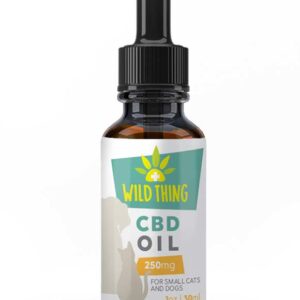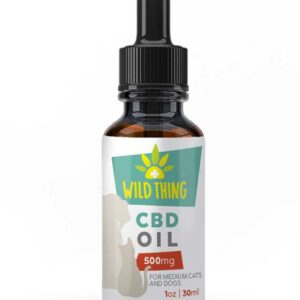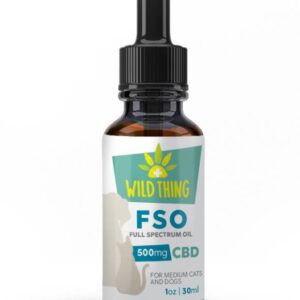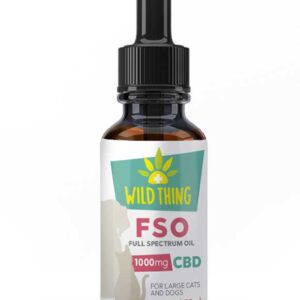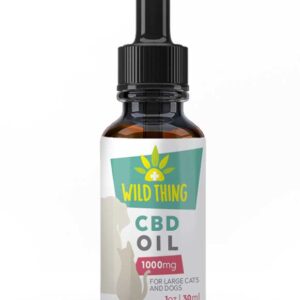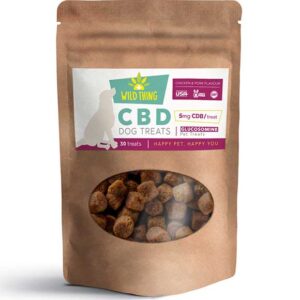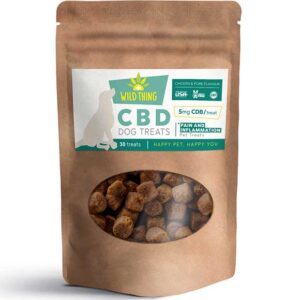Raising a puppy is not an easy task to take on. Puppies require special attention when it comes to obedience and potty training, but they’re not the only ones who require a sort of ‘training’. Owners do as well. When we walk down the pet food aisle at the grocery store or pet store, we are bombarded with a seemingly endless supply of options for what we should be feeding our pets. Is it marketing or are there actually differences between dog foods, when it comes to how healthy they are for our dogs. On top of that, is there really a difference between puppy food vs dog food? What are the differences between puppy food and dog food? Could it be that the 2 different foods are just a marketing ploy for companies to bring in more revenue on, basically, the same products?
We want our pets to be healthy and live the best life they can, but we also don’t want to be swindled out of our hard earned dollars when it comes to overbuying products that, maybe, aren’t as necessary as the commercials make them seem. In this article, we aim to answer those questions and educate you, the owner, on the health needs of your puppy as well as their fully grown counterpart.
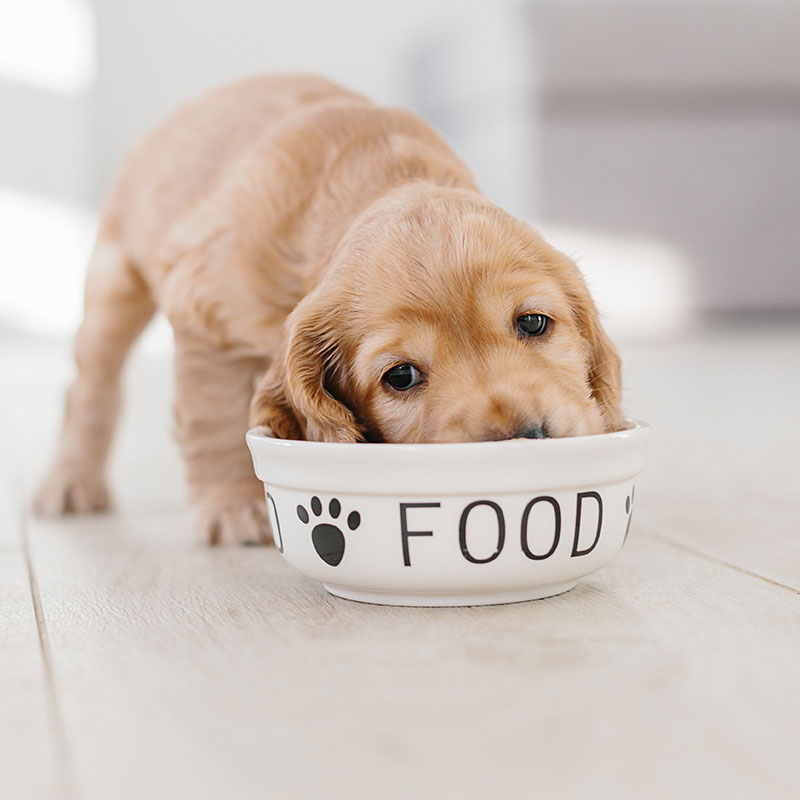
Puppies vs Adult Dogs: Essential Nutrients

It’s important to state as early as possible that puppies do, in fact, require specific nutrients during their formative years. Those needs change as they mature and that’s why owners need to supply their pups with a food that will give them all of the essential nutrients and proteins that a growing puppy needs. These changes are also reflected in the differences between puppy and dog food. You may think that puppy food vs dog food are the same, or feeding your dogs at the same time of day will be sufficient to meet their nutritional needs. The fact of the matter is that they not only require more food per day, but a host of different nutrients than your adult dog. The AAFCO (the Association of American Feed Control Officials) recognizes that puppies require different amounts of nutrients than adult dogs and have recommendations and stipulations in play that dog food producers must abide by.
Do you remember when you were in your early teens and were constantly accused by your parents of “eating us out of house and home”? That’s your puppy. They are growing and they are hungry. Not getting enough of the food that they’re craving will only make them more hungry and, possibly, lead to further issues down the road. Your puppy is growing and is going to require more calcium and proteins than your average dog. Supporting healthy bone growth will help avoid issues with arthritis and hip dysplasia later in their lives. When it comes to specific nutrients you should be ensuring you are feeding your puppy, be on the lookout for food that contains higher quantities of:
- Fats to help with skin, coat, eye and brain development
- Proteins help to build up tissue and muscles
- Carbohydrates for energy
- Vitamins and minerals
While these are found in almost all dog foods, it’s the concentration of each that differs between puppy food and adult dog foods.
Common Puppy Food Ingredients and Nutrients

We can state that puppies should eat different types of foods than adult dogs until we’re blue in the face, but what is the difference between puppy and dog food? Which is better: puppy foods vs adult dog foods? A common thread you will see throughout puppy food suppliers is a high amount of proteins and amino acids. Typically around 25-30% (56g). These can come in many different forms, but you will most often see them in the form of chicken meal, chicken fat, de-boned chicken, rice, oats and whole grains. Other secondary ingredients you will often see in puppy foods are blood meals, split-peas and barley. All of these ingredients promote growth and a healthy skin and coat. You should always monitor the amount of calcium that is in your puppy’s food as well. When it comes to large and smaller dogs, they will each require different levels. Too much or too little calcium in your pet’s diet can lead to later issues with crippling or dysplasia.

While your adult dog’s food needs are still very important, they’re less focused around the nutrients needed for healthy growth than they are maintaining energy levels. Where your puppy was consuming roughly 25-30% proteins a day, depending on their size, an adult dog will likely require around 10-15% (25g). Over feeding your adult dog can lead to further health issues like obesity and lethargy, so it’s important to wean your puppy around the 8-10 month period onto their adult dog food substitute.
Adult Dogs & Puppies: Food Ingredients

This is where the debate over puppy food vs dog food can vary. On the surface, puppy food vs dog food seem to include the same ingredients – many people don’t realize that there are differences between puppy food and dog food at first glance. Don’t let that color your opinion on the matter. While the two different foods may contain similar ingredients, it’s the quantity that makes all the difference. When you look at the meat proteins and fats that are in adult dog food, you’ll notice that the percentages are much less. That’s because your adult dog requires more specific nutritional values, while puppies need more of others. They won’t require the heavy levels of protein and calcium that your puppy does. Once a dog reaches adulthood or becomes more senior, they will only require enough vitamins, proteins and minerals to maintain their energy levels. If you have a lap dog, they will require even less as they do not exert the amount of energy a more active adult dog or puppy will. The AAFCO has ensured that all dog food suppliers at least meet the basic needs of nutrition before they allow a product to reach the market. It’s imperative that we, as pet owners, educate ourselves on the best practices for raising our pets as healthy as possible.
How & When to Switch From Puppy Food to Adult Dog Food

The differences between puppy and adult dog food may seem negligible on the surface, but that isn’t true. The main differences between puppy food and dog food isn’t all about the price, but the concentration of the ingredients. Are the differences between adult and puppy food noticeable? Yes. Can puppies eat adult dog food? Yes, but they’ll be missing out on the essentials that they need to grow into a healthy and mature dog. Can adult dogs eat puppy food? Yes, but they may be getting too much of the amino acids, proteins and calcium that their adult bodies need. Choosing between puppy food vs dog food can seem trivial to some, but it’s an important decision in your pet’s life. Leading to future issues with bone health and arthritis. As it stands for every decision you make when it comes to your puppy or adult dogs health and food, you should always consult a veterinarian before making any changes to their diet. Your vet is going to care just as much, if not more, about your dog’s health than you. They don’t work on commission and they will always give you the facts. But at the end of the day, you wouldn’t feed a newborn baby the same dinner you eat as an adult and the same goes for the animal kingdom.
Frequently Asked Questions (FAQ)
Can a puppy eat adult dog food?
Yes, but it is not recommended because there are significant differences between adult and puppy food. Puppies need a host of vitamins, minerals, proteins and calcium that adult dogs don’t. While feeding a puppy adult dog food may not seem important or show any immediate health concerns, it could very well manifest itself as serious issues later in their lives.
How is puppy food different from dog food?
Puppy food vs dog food can vary greatly in the quantity of ingredients. Puppies require around 25-30% protein and amino acids while adult dogs only 10-15%. While both foods will likely contain similar ingredients, it’s the measurements that will change.
When should I stop feeding my dog puppy food?
Your vet can best explain the differences between puppy food and adult food, but you can usually begin to wean your puppy off puppy food and onto adult dog food after 10 months to a year.
How long should a dog eat puppy food?
The rough rule of thumb for changing your puppies diet to a more adult dog food diet is around the 10 months to a year range. The timing can differ depending on the dogs size and nutritional needs.
Want to Learn More?
Download our AILMENT GUIDE NOW.
PLUS! all FIRST TIME buyers get 50% off their additional order. Visit verlota.com to get your discount code.

